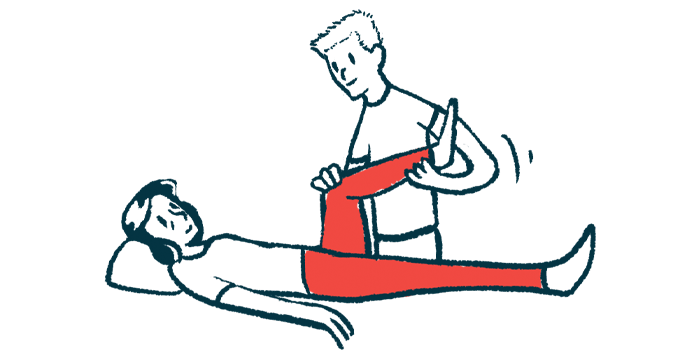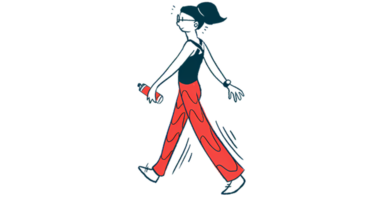2 Weeks of Personalized Rehab Offered in New Wellness Program

A just-launched wellness program is offering a two-week, inpatient rehabilitation experience tailored to the needs of people with Parkinson’s disease. Its goal is to maximize patients’ independence.
The program is being offered by the Hackensack Meridian JFK Johnson Rehabilitation Institute, in Edison, New Jersey.
“In our new program, patients are admitted from their homes to participate in an individualized, multidisciplinary and targeted two-week inpatient rehabilitation program that helps them restore and maintain their function,” Sara Cuccurullo, MD, vice president and medical director of the JFK Johnson Rehabilitation Institute, said in a press release.
Parkinson’s is a slowly progressive disease that occurs when some of the nerve cells (neurons) that make the chemical messenger dopamine start to malfunction or die. Dopamine sends signals to neurons that control movement.
The loss of dopamine results in a host of motor symptoms that include stiffness or rigidity, slowness of movement, called bradykinesia, freezing of gait (akinesia), and difficulty keeping balance. Any of these symptoms can increase a person’s risk of falling. Another common motor symptom is difficulty swallowing.
People with Parkinson’s also may develop non-motor symptoms.
The new program is geared toward individuals experiencing these symptoms at home. Patients admitted to the program may have had frequent falls, or have a need for tweaks to their medication to better help manage symptoms and improve quality of life.
“Our team of neurologists and specialized therapists identified the need to help people diagnosed with Parkinson’s disease who are not acutely ill or severely disabled but who struggle greatly at home with the symptoms and life-style changes that Parkinson’s disease brings,” Cuccurullo said.
To enter the program, patients need to be able to engage in three or more hours of therapy per day. They also must be fully vaccinated against COVID-19 and influenza (flu).
A first step to the diagnosis of Parkinson’s is a thorough physical and neurological examination by a doctor, usually a neurologist. At JFK Johnson Rehabilitation Institute, this is followed by further examinations by physical medicine and rehabilitation doctors, and by neurologists specializing in movement disorders at Hackensack Meridian JFK University Medical Center’s Neuroscience Institute.
These doctors are part of a multidisciplinary team consisting of rehab nurses, physical and occupational therapists, speech-language pathologists, social workers, rehabilitation psychologists, pharmacists, nutritionists, and exercise physiologists.
Together, they design a tailor-made wellness program based on each patient’s particular needs and goals, with a focus on safety and a reduction in hospital admissions. The program includes resources, education, and equipment recommendations. Family members and other caretakers are welcome to take part.
“Every individual who comes to the program is involved in developing their own treatment goals,” said Janice P. Dibling, manager of acute and inpatient rehabilitation speech pathology at JFK Johnson Rehabilitation Institute. “We provide the encouragement, education and specialized care that help people to be their own best self.”
After the two-week inpatient stay, patients are referred to outpatient programs. These programs may include physical, occupational, and speech therapies, the ParkinSINGS choir, and/or Rock Steady Boxing. Other recommendations may be made to encourage continued independence for patients living with Parkinson’s.







